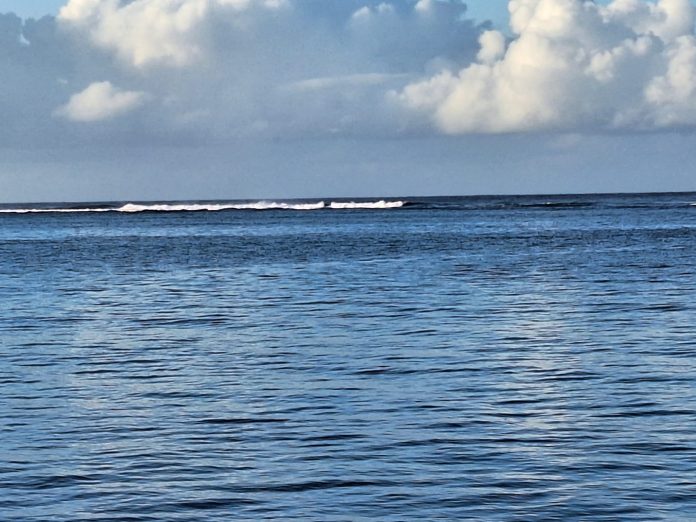Today, we join the rest of our Blue Planet in celebrating the vitality of our ocean on World Ocean Day. Since its inception in 1992, this day has grown in significance, and thirty-two years later, its momentum continues to increase.
This is a moment to pause and reflect on why the ocean is so crucial to us in the Pacific and across the globe. The 2024 World Ocean Day UN theme, “Awaken New Depths,” serves as a reminder that much of the Common Heritage of Humankind remains largely unexplored. Despite ongoing efforts to understand the ocean, there is still so much we do not know.
Our ocean is a precious, God-given gift that requires our attention and respect. To deepen our understanding, we need to connect with our ocean and enhance ocean literacy throughout the region—starting in our schools and building on our generational knowledge. Preparing our future leaders involves imparting the knowledge and stories of our origins as Pacific peoples. By instilling respect and understanding of the ocean in our children, we ensure they are well-equipped to face future challenges. However, ocean literacy is essential not only for children but for all of us, as it helps us comprehend why the ocean matters.
On that note, I am eager to look at strategies to champion the cause of ocean literacy for the children of the Pacific, our agents of change, and that this could inspire a wave of change in the upcoming generation. We aspire to leave behind a legacy that accords the ocean the respect and attention it rightfully deserves.
In 2024, the international meeting calendar places the ocean at center stage, a success owed to Members themselves, particularly their work on SDG 14. These efforts have also led to the successful advocacy seen through the Biodiversity Beyond National Jurisdiction (BBNJ) Agreement, which acknowledges the role of traditional knowledge, benefit sharing, and the special circumstances of Small Island Developing States (SIDS). These accomplishments link international support mechanisms and partners to national and regional ocean-led initiatives.
However, threats to ocean health continue to rise. The recent advisory opinion from the International Tribunal on the Law of the Sea on Climate Change recognized that greenhouse gas emissions are marine pollutants, reminding us of our duties to prevent and mitigate such pollution and to protect and preserve the marine environment. This is a milestone opinion that should have far-reaching implications in the context of the climate change discourse.
For the Pacific, the BBNJ Agreement acknowledges our unique vulnerabilities and ensures that ancestral knowledge passed through generations is captured and promoted. We congratulate Palau and the Federated States of Micronesia for being two of the seven parties to ratify the Agreement. Pacific Island Forum Leaders, through the 2050 Blue Pacific Strategy, recognise OPOC’s role in coordinating support to Members in their review of the BBNJ Agreement for ratification, domestication, and implementation in our region. We are working closely with members and partners to provide support through webinars, workshops, and deliver on national expectations surrounding the BBNJ process.
On this day, and every day, we can all take positive actions for our ocean. This includes being responsible citizens by disposing of trash in proper bins, planting more mangroves, releasing undersized catches back into the ocean, and upholding the ocean practices taught by our parents and grandparents. These steps might seem small, but they go a long way in the overall scheme of things, in reminding ourselves that every day is an Ocean Day for our people in the Blue Pacific Ocean.
Let us all work together to give back to our ocean and create a ripple effect in the various spaces we occupy.
Happy World Ocean Day!

















